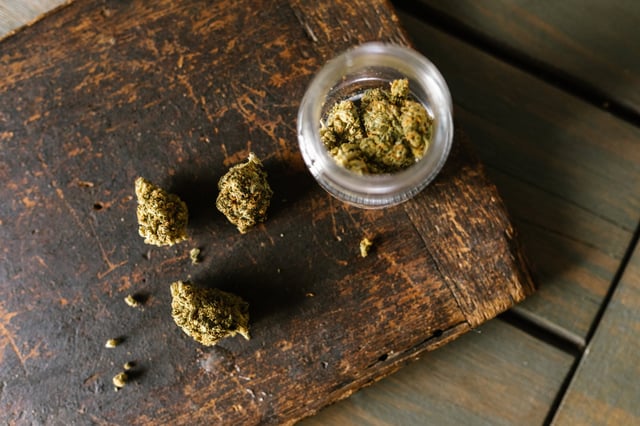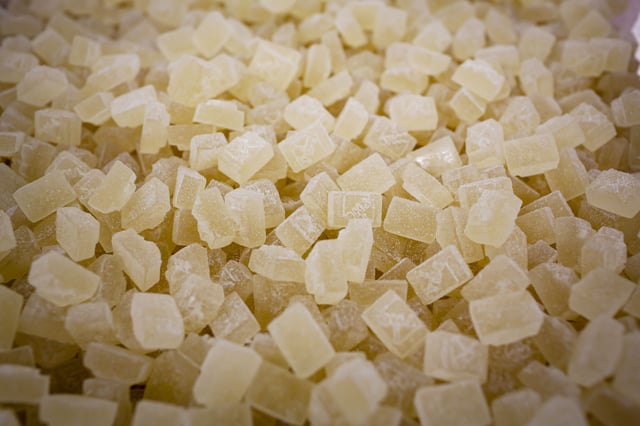Overview
- The JAMA Cardiology study assessed 55 healthy participants who used cannabis at least three times weekly for a year.
- Marijuana smokers experienced a 42 percent reduction in blood vessel dilation, while THC-edible users saw a 56 percent decrease versus nonusers.
- In lab tests, serum from marijuana smokers cut endothelial nitric oxide production by 27 percent, whereas edible users’ serum did not affect cell function.
- Higher potency and more frequent cannabis use were tied to greater impairment in vascular function across participants.
- The American Heart Association advises against smoking or vaping any substance, including cannabis, due to potential cardiovascular harm.



